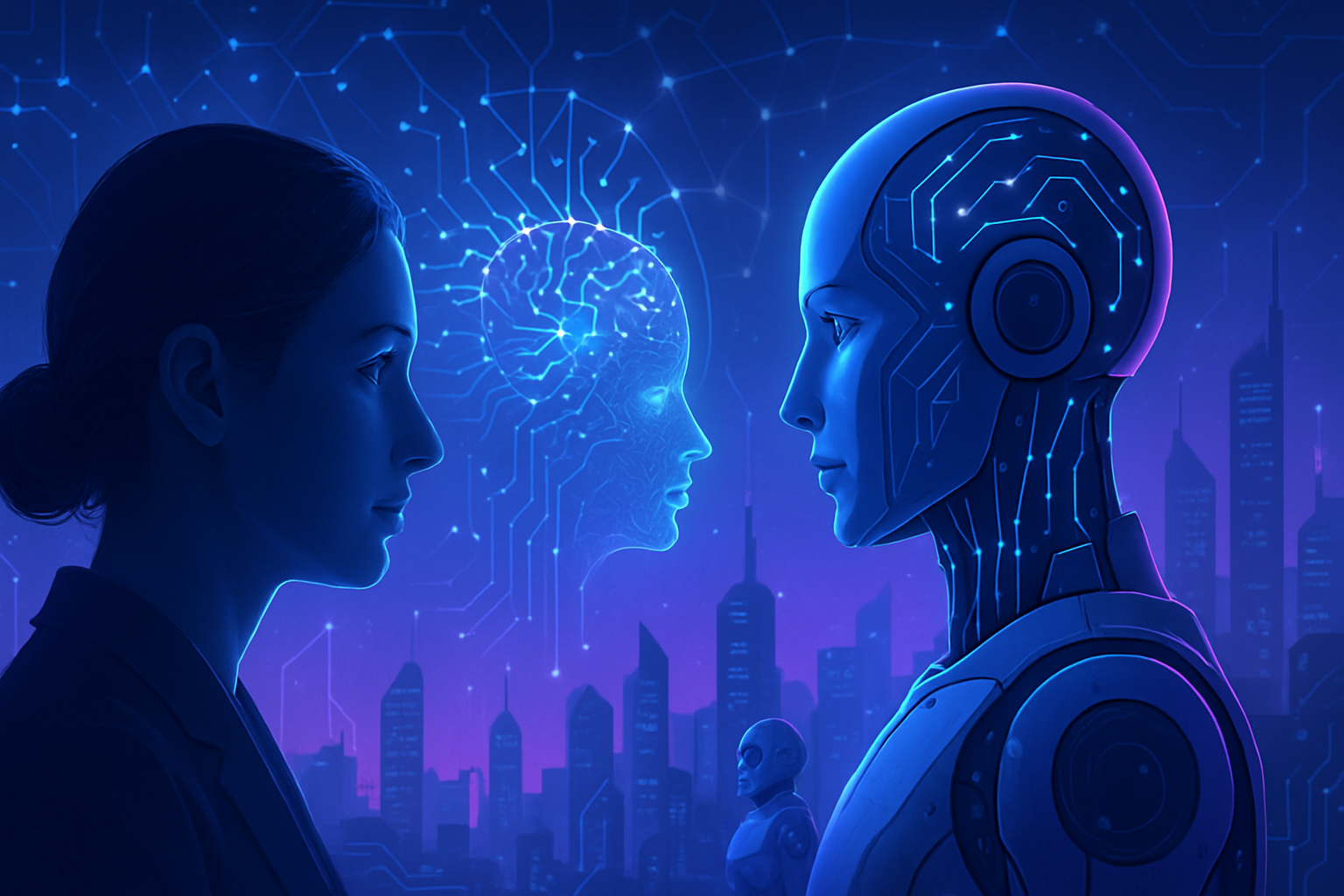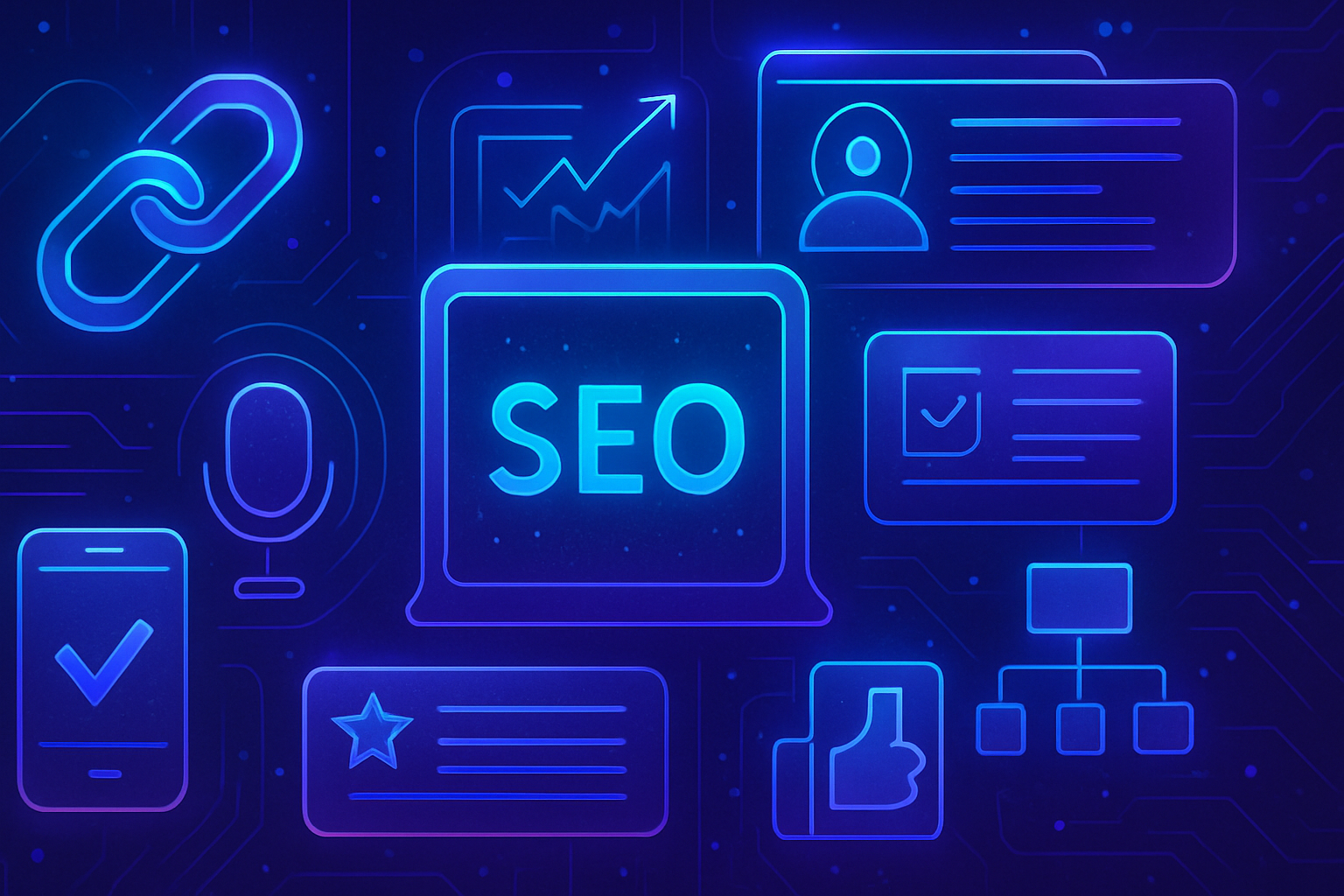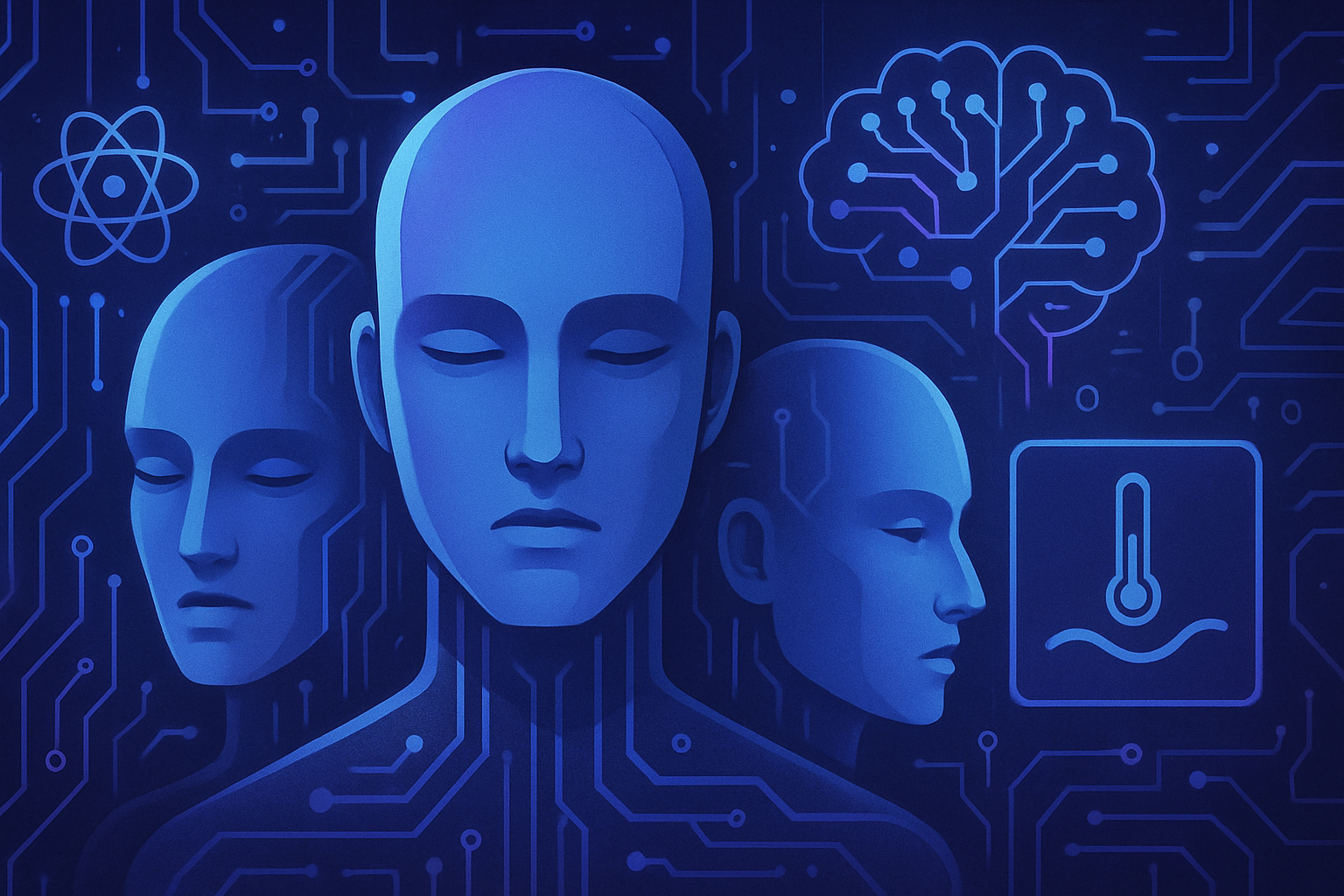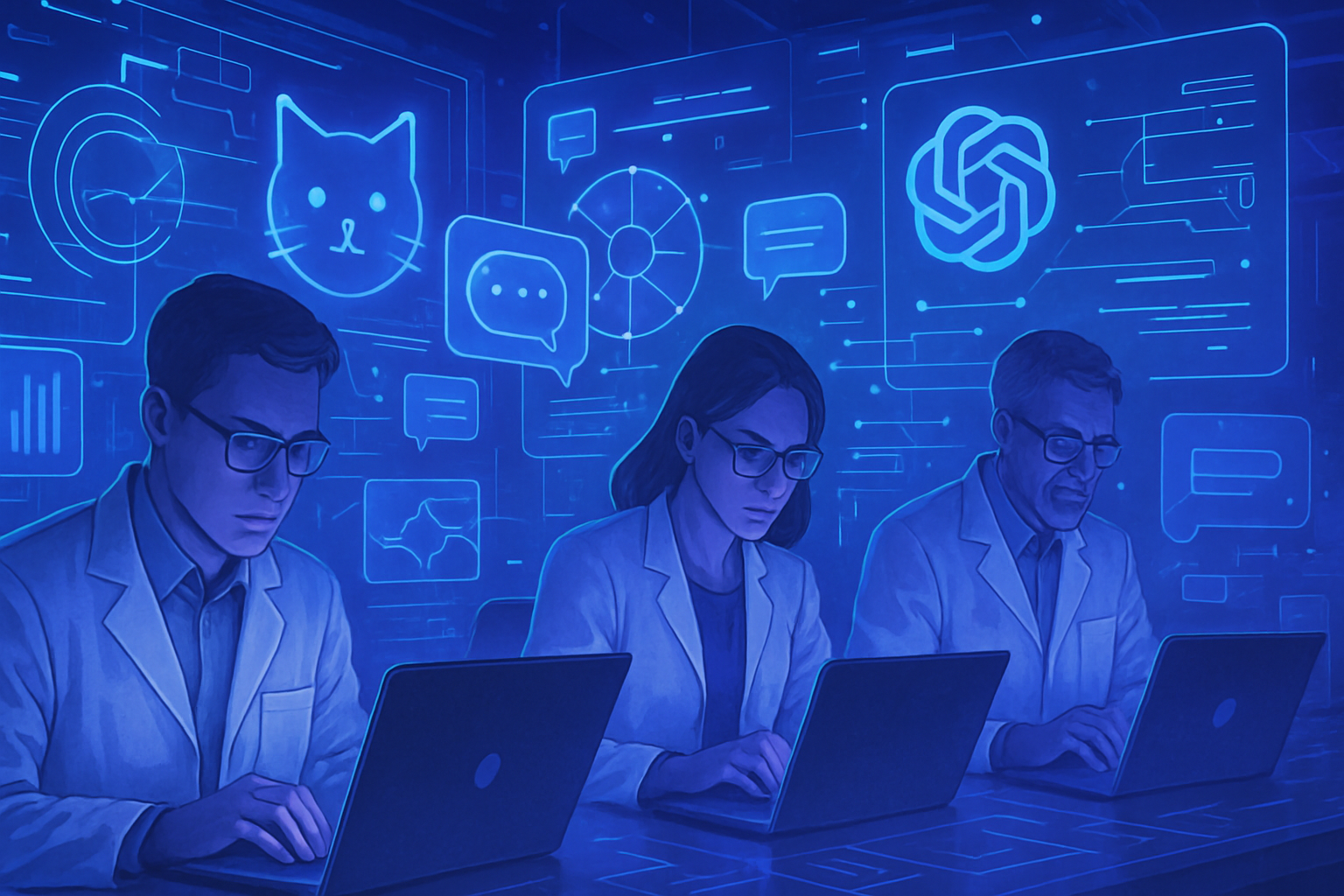Artificial intelligence is shaping the dynamics of the professional world with exponential force. The adoption of AI presents unexpected opportunities. However, *are we truly capable* of taking advantage of this evolution? Companies must cultivate digital agility to avoid a wave of detrimental repercussions. *Nearly 90% of CIOs* fear a growing gap between technology and user competence. Time is running out to materialize a profound transformation and anticipate the challenges of a future dominated by artificial intelligence.
Artificial Intelligence and Its Implications
Since the advent of the internet, artificial intelligence (AI) represents a technology likely to profoundly alter the world of work. A recent study involving 1,100 IT leaders reveals that 95% of these professionals anticipate the most significant operational transformation ever observed thanks to AI. An overwhelming majority of 94% even state that the sustainability of their organization will soon depend on their ability to integrate these new tools.
Barriers to AI Adoption
The mere possibility of adopting AI does not mean adequate preparation. Approximately 88% of CIOs fear that their employees may be overwhelmed by this new technological wave. Only a minority of employees, 47%, possess the necessary digital agility to effectively adapt to the new tools. Therefore, the speed of adoption becomes a major challenge, and companies that can support and train their teams will gain a genuine competitive advantage.
Digital Agility, A Major Challenge
Digital agility is defined as the ability to learn and leverage new technological tools. High digital agility fosters a company’s agility and performance, while a deficit in this area hinders transformations. Notably, 69% of companies would consider changing their SaaS provider if adoption posed major problems.
The challenges of change within organizations are amplified by factors such as staff turnover and reorganizations. These elements lead to a loss of knowledge and increase the risks of non-compliance. The focus should therefore not be limited to superficial adoption but aim for continuous optimization of business processes on a large scale.
Complexity in the Context of AI
The integration of AI complicates these issues even further. Although these tools are extremely powerful, poor understanding can lead to errors. An AI can never be more reliable than the data that feeds it. Unfortunately, too many users are not equipped to assess the relevance and validity of the responses generated by these systems.
Reinventing the Adoption Strategy
Transitioning to a model where AI is central requires a radical transformation of adoption methods. Instead of relying on traditional solutions such as documentation or FAQs, companies should promote in-app assistance, on-demand training, and usage analysis. On average, an employee spends up to 20 days a year searching for how to use their applications, a waste of time that should be reduced.
These new approaches foster user engagement and productivity, while improving their ability to anticipate the upcoming digital transformations.
Anticipating the AI Revolution
The revolution brought about by AI requires change management projects of exceptional magnitude. Believing that employees will autonomously adapt to this new reality is an illusory approach. Adoption processes need urgent re-examination in a context where AI is already omnipresent, and where team readiness remains insufficient.
The adoption of AI is not just a technological challenge; it is a cultural change. Companies must evolve to embrace this profound transformation.
Frequently Asked Questions about Artificial Intelligence
What are the main challenges related to the adoption of artificial intelligence in businesses?
The main challenges include the lack of digital agility among employees, the difficulty in integrating AI into existing processes, and the management of the data necessary for training AI tools.
How can we assess if our company is ready to adopt artificial intelligence?
To assess readiness, it is essential to analyze the company culture, the digital competence of the team, the specific needs of the business processes, and the availability of suitable data.
What skills are necessary to support the adoption of AI?
The necessary skills include understanding digital tools, the ability to analyze and interpret data, as well as adaptability to rapid technological changes.
How to effectively train our employees to use artificial intelligence tools?
It is recommended to use practical “in-app” training, peer mentoring sessions, and to promote concrete use cases to facilitate learning.
Why is transforming company culture crucial for effective AI adoption?
A company culture oriented towards AI fosters innovation, encourages employee engagement, and reduces resistance related to the implementation of new technologies.
How can companies evaluate the effectiveness of their artificial intelligence adoption?
Companies can evaluate effectiveness by monitoring improvements in productivity, employee engagement, and the ability to achieve set strategic outcomes.
What compliance risks should be considered when adopting AI?
Risks include non-compliance with regulations on personal data, biases in AI algorithms, and legal liability in the event of errors generated by these tools.
What is the importance of data in the functioning of artificial intelligence?
Data is fundamental to AI, as the quality of the data used for training determines the accuracy and reliability of the results provided by AI systems.
How can companies support their employees to reduce fatigue associated with adopting new technologies?
Companies can support their employees by offering constant assistance, providing learning resources, and facilitating exchanges between teams to share best practices.






